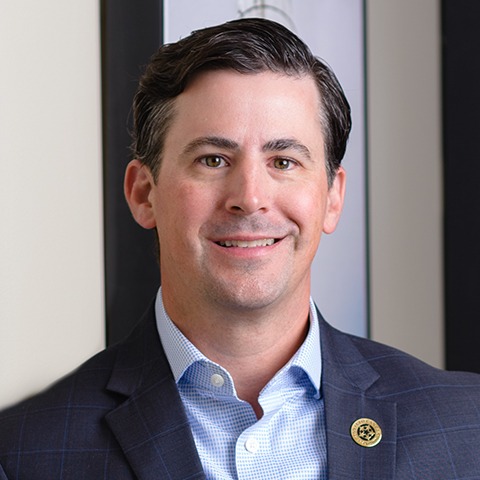


In this interview Mike Dial of Hatteras Venture Partners provides an overview of the firm, what he looks for in startups, the Carolina Research Ventures fund, and recent investments in UNC spinout companies.
Tell us about yourself, your background, how long you’ve been with the firm.
I’m a Partner at Hatteras and also manage the Carolina Research Ventures Fund, which is dedicated to investing in UNC-CH related technologies. I love building companies and working closely with bright founders to translate compelling science from bench to bedside. I’m a scientist by training (PhD in Biochemistry and Biophysics) and have been working with early stage life science companies for over 12 years. Almost 10 of those years have been with Hatteras. Before Hatteras, I was in corporate finance with Silicon Valley Bank.
Tell us about Hatteras in terms of history, industry focus, current funds, etc.
Hatteras Venture Partners is a venture capital firm based in Durham, NC and was started almost 20 years ago by Clay Thorp and John Crumpler, both serial entrepreneurs. We have been in the business of company creation and company building for a long time. We invest in cutting-edge technologies that span the continuum of healthcare, ranging from novel, transformative therapeutics to enabling, disruptive technologies, including biopharmaceuticals, medical devices, diagnostics, healthcare IT, and related industry sectors. We invest across the country, but particularly focus on the southeast and mid-atlantic regions where there is a great science, but is underserved when it comes to venture capital. We are investing out of our sixth fund, which we closed this year, and have over $550M under management.
Give us an idea of how many investment opportunities you see in a year and how many of those make it to an actual investment?
We are seeing over 850 deals per year and will invest in 5 or 6 of those. We are also proactive in seeking out new technologies to form companies around.
What are the two or three things you look for in doing your first review of a startup?
When forming companies, I am looking for founders who we can have a highly functional working relationship with and who want to be involved at the scientific level of the company, but who seek our counsel on the business aspects of company building. I’m also evaluating the feasibility of the technology with the data in hand and whether it has a reasonable development path with logical ways to mitigate risk along the way. Management teams, competition, IP, and market size, are a few of the other aspects we evaluate. Given the early stage at which we invest, we don’t always have management teams in place, so finding the right people early on is always key to building any great company.
What stage of company do you typically invest in? How much is a typical first investment and how much capital do you usually invest per deal?
We are primarily seed and early stage investors and a first check size may be anywhere from $500k-$5M. In terms of stage, the only caveat is in healthcare IT. We invest slightly later in that particular space and are primarily looking for revenue generating companies. This is for portfolio diversification reasons and offsets some of the regulatory risk in our portfolio.
The amount reserved over the life of a company varies depending on the stage of the deal and the type of company you are investing in. For therapeutic plays for example, we might invest up to $15M over the life of a company, while a healthcare technology deal generating revenue might require less capital overall.
Firms usually provide more than capital. What is your firm’s “value-add”?
Strategic advice, investor connections, connections to potential strategic partners or acquirers, recruiting management teams, operational expertise
Tell us about your investment in the UNC spinout Ribometrix. What attracted you to the investment? What is your current involvement?
First, Ribometrix was in a space we wanted to be in. Second, we felt Kevin Weeks had the best understanding in the field of RNA structure/function relationships with the right tools for elucidating the tertiary structure of RNA, paramount in designing selective small molecules that target RNA. He and his co-founder, Katie Warner, were the type of scientific founders that we love to work with; energetic, smart, and level headed. In terms of current involvement, I’m on the board and support the company from that perspective in any way I can.
Tell us about your involvement in the Carolina Research Ventures Fund.
I’m the manager of the fund and I’m proud of the portfolio we’ve built. The fund was established in 2016 and we have already had some nice exits. So, we are pleased with the progress to date and as well as the intellectual property substrate coming out of UNC-CH.